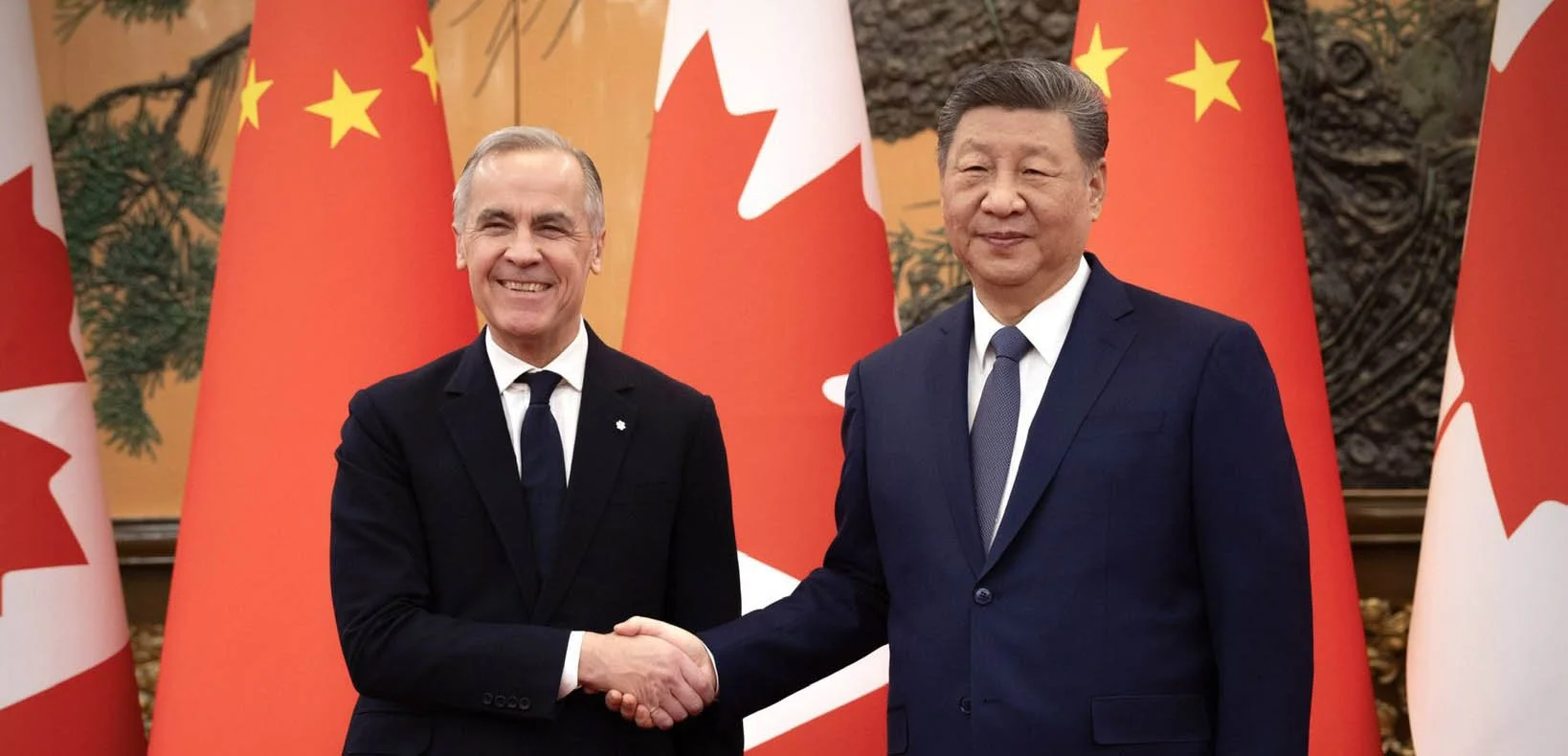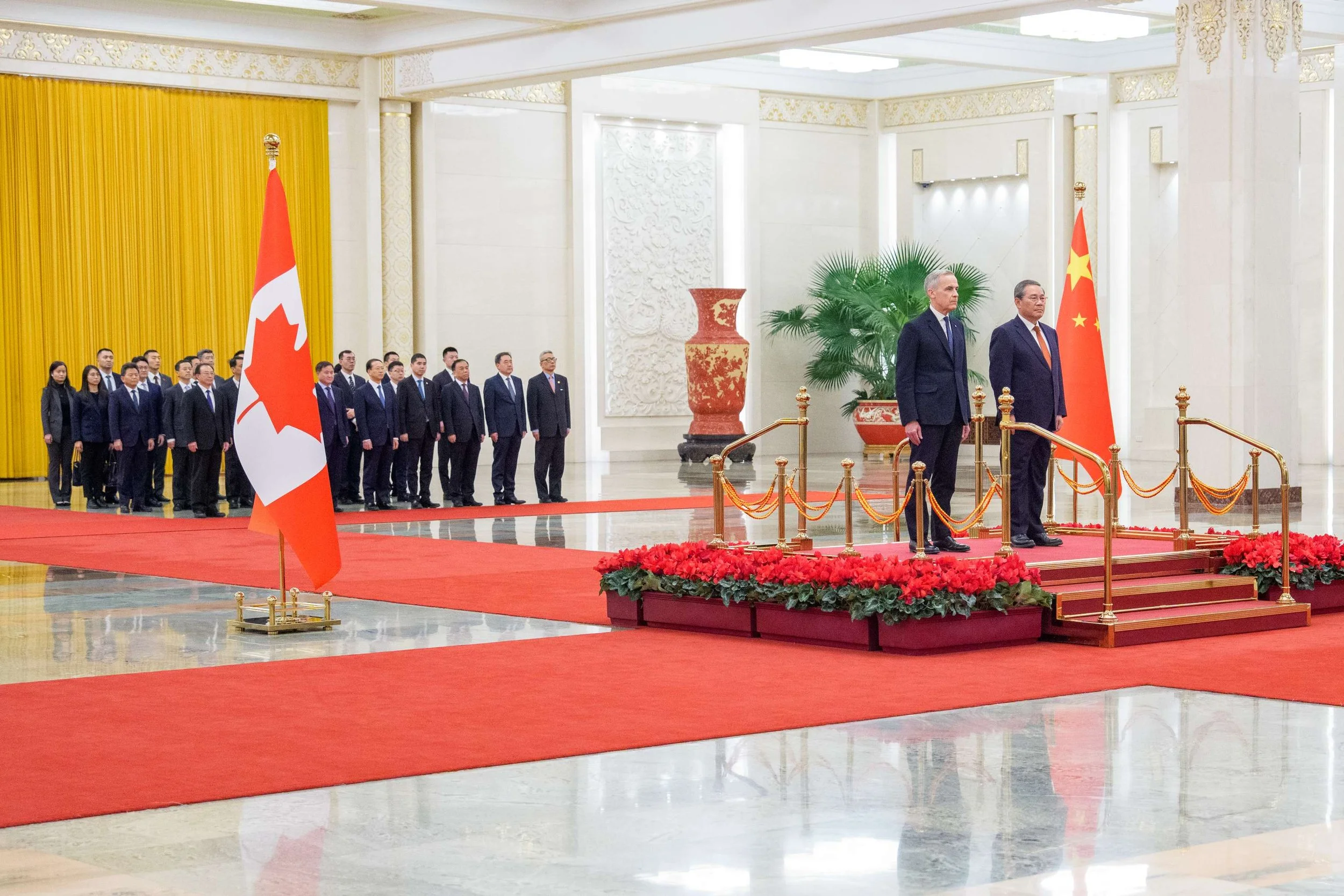Trump’s latest tariff twist won’t reassure Canadians
ISTOCK PHOTO
Continued uncertainty and overwhelming concern about the future of Canada’s economy rounded out the week that was.
Following “Liberation Day” global tariffs last week, this week there was a pause. That came with the China escalation of 145% tariffs as of Thursday and a vow from a Chinese Foreign Ministry spokesperson to “fight to the end” if the U.S. doesn't back down.
On Wednesday, China had imposed 84% tariffs on U.S. imports and placed export restrictions on rare earth elements, essential for the manufacturing of electric vehicles, weapons and computer chips. The retaliation continued Friday, as China announced that it will raise tariffs on U.S. goods to 125% effective Saturday, which has once again rattled markets.
Meanwhile, Prime Minister Mark Carney convened a meeting of the Cabinet Committee on Canada-U.S. Relations on Friday to discuss the economic challenges posed by the recent U.S. tariffs. During the meeting, Carney said Canada and the U.S. are set to commence trade negotiations in May, according to Reuters.
Commenting on the fact there have been “a lot of developments” in terms of U.S. tariff policy and reactions from others, including China, Carney said there has been a “really marked tightening in financial conditions,” and “the initial signs of slowing in the global economy,” the impacts of which are already being felt in the Canadian economy, particularly in the Canadian labour market.
Trade talks
“We left instructions for officials to ensure that the next government, whichever government Canadians choose, will be in the best possible position for negotiations with the United States, which, as the President and I have agreed, will begin from the start of May.”
U.S. President Donald Trump’s partial retreat from his aggressive global tariff agenda was initially welcomed by financial markets but the prospects of a recession caused by the White House’s protectionist onslaught remains daunting for an open, trade-dependent country like Canada.
Despite a 90-day pause on a new round of so-called “reciprocal” tariffs, existing duties on steel, aluminum, autos, and other Canadian exports remain in place — and the economic toll is growing.
Canada’s exposure to tariff risks — particularly in key industries like autos and parts, which contribute over $18 billion annually to GDP — makes us especially vulnerable. If the auto tariffs persist for even one quarter, exports in the sector could drop by over 50%, according to an analysis by the Conference Board of Canada.
‘Bad choice’
The situation remains highly volatile. Canada and China remain the only countries still enforcing retaliatory tariffs against the U.S., after the European Union paused its countermeasures. But Canada’s decision to hold its ground could become increasingly risky. U.S. Commerce Secretary Howard Lutnick warned on Wednesday that keeping retaliatory measures would be “a really, really bad choice.”
Still, former chief Canadian trade negotiator Steve Verheul, who led Canada through CUSMA talks during Trump’s first term, defended the country’s position.
“Retaliation can be a useful tool, and it’s unfortunate that most of the rest of the world didn’t see it that way,” Verheul said Thursday during a trade panel hosted by the Broadbent Institute in Ottawa. “Because if there had been a more co-ordinated response from countries around the world, then we could have seen this fall away even more quickly.”
Verheul emphasized that Trump’s sudden tariff U-turn shows his administration is susceptible to financial market pressures, with Wall Street turbulence clearly playing a role. Despite another stock market drop on Thursday, Trump downplayed the risks, saying, “We think we are doing very well… In the end it’s going to be a beautiful thing.”
Verheul, however, warned that the situation remains unpredictable, with Trump potentially reimposing tariffs at any time.
‘Obliterating’ laws
“No matter what countries do, Trump could very well decide to reimpose tariffs,” he said. “And I think that would be a significant rebuke to the U.S. about the merits of going in that kind of direction and completely obliterating trade laws that we’ve all operated under for the last 75 years.”
Trump said he was postponing this round of “reciprocal” tariffs to negotiate new trade deals with the dozens of national leaders he said have been calling to request compromises.
In a social media post, Liberal leader Mark Carney said the tariff pause was “a welcome reprieve for the global economy. The President has signalled that the U.S. will engage in bilateral negotiations with a number of other countries,” Carney said. “This will likely result in a fundamental restructuring of the global trading system.”
This reinforces the need to diversify Canadian trade to reduce economic dependence on the U.S. market, the Liberal leader stated. Canada must “continue to deepen its relationships with trading partners that share our values, including the free and open exchange of goods, services, and ideas,” he wrote.
He noted that he had spoken with EU President Ursula von der Leyen to strengthen trade and security ties and called for closer relations with the EU, U.K., and Asia.
Carney reiterated that he and Trump have agreed that whoever is prime minister after the April 28 election will “commence negotiations on a new economic and security relationship immediately following the federal election.”
Fair treatment
For his part, Conservative leader Pierre Poilievre said the latest move from Washington proves that no one, including Carney, can be counted on to persuade Trump to treat Canada fairly. Although Wednesday’s partial relief from tariffs by the president did not apply to earlier tariffs against Canada, Poilievre said it still showed that Carney’s claim early in the campaign that he had a constructive call with Trump was misleading.
“Now, to be clear, I’m not blaming Prime Minister Carney for President Trump’s tariffs,” Poilievre said. “These tariffs are uncalled for and unjustified, and no one can control this president. But that’s precisely the point. Prime Minister Carney is running his entire campaign on a false promise that he can control the president through magical, masterful negotiating techniques … Nobody can control this president.”
Despite the temporary relief in markets, the broader protectionist shift in U.S. trade policy continues to loom large over Canada.
As Janice Gross-Stein told The Hub: “We face the most serious threat that we have faced in 100 years.”
While Trump’s backpedaling offers some breathing room, it doesn’t resolve the deeper structural challenges now facing Canada. Coordinated global resistance, as Verheul suggests, could be key to restoring fair trade norms. But with the U.S. doubling down on tariffs and negotiations still in early stages, Canada must brace for continued volatility and act swiftly to secure new trade opportunities beyond its southern neighbour.






